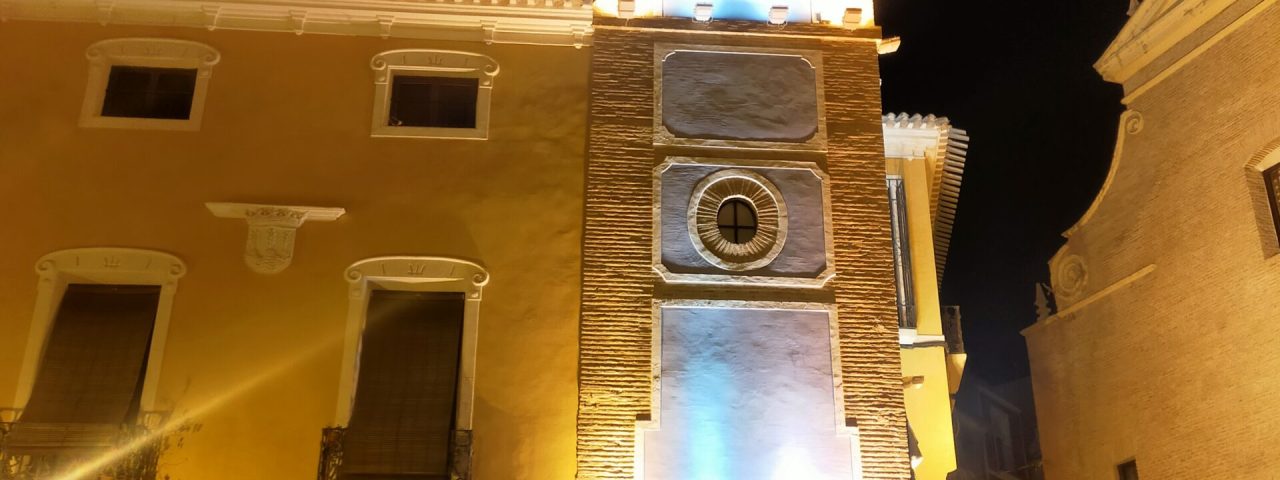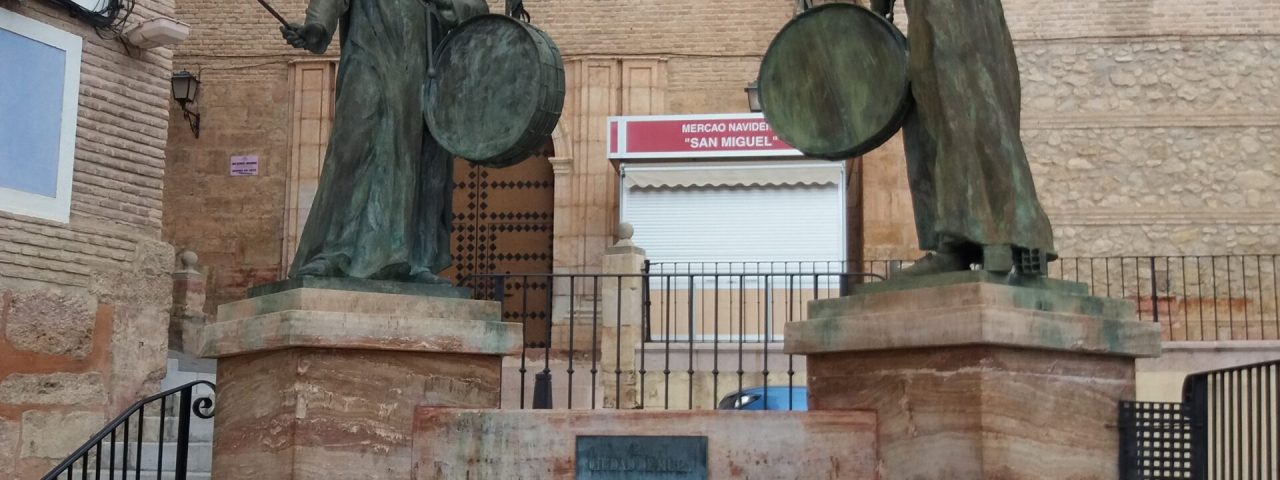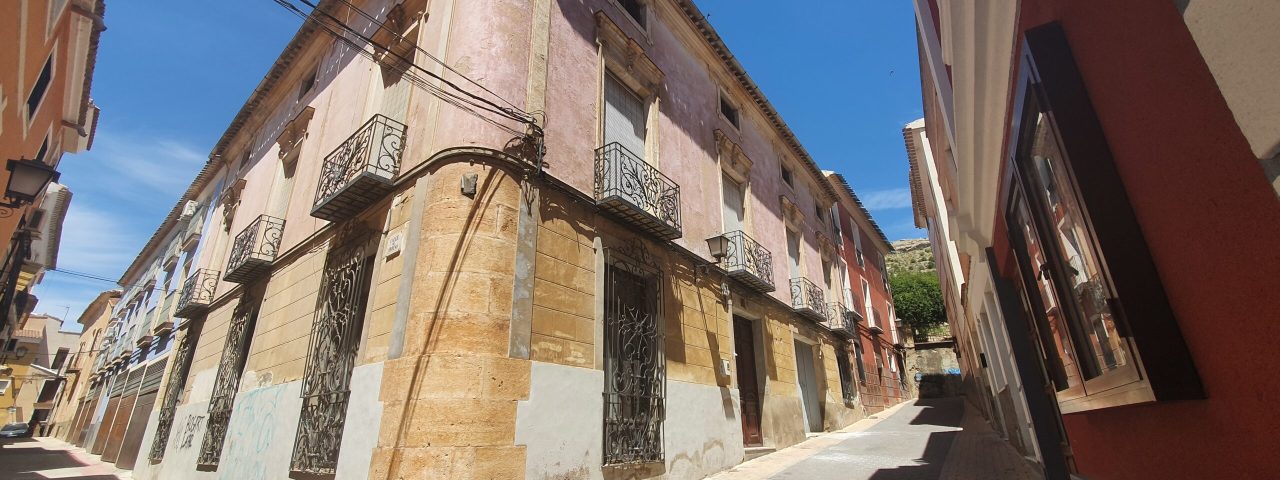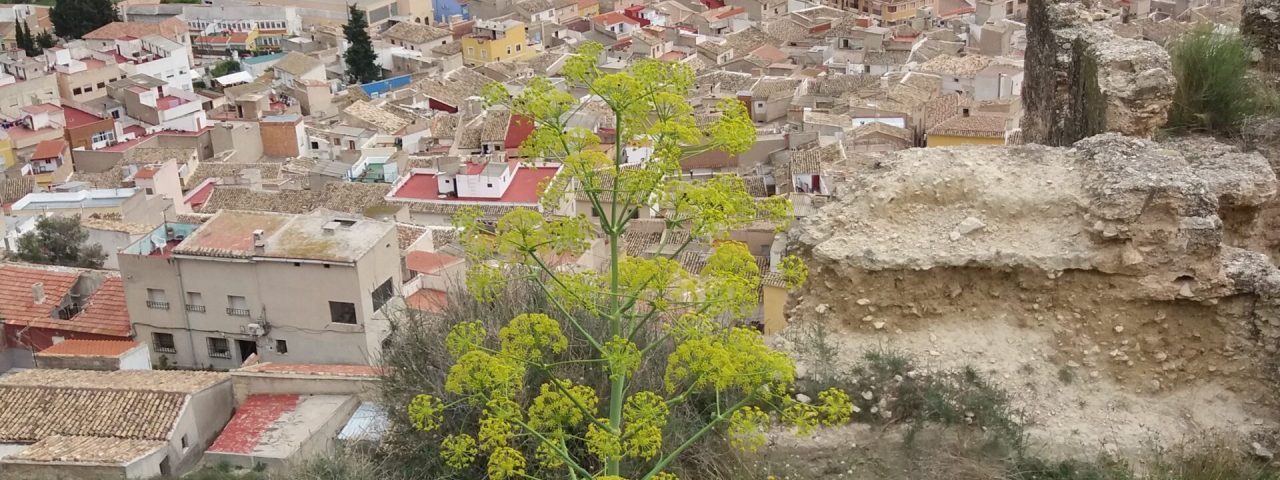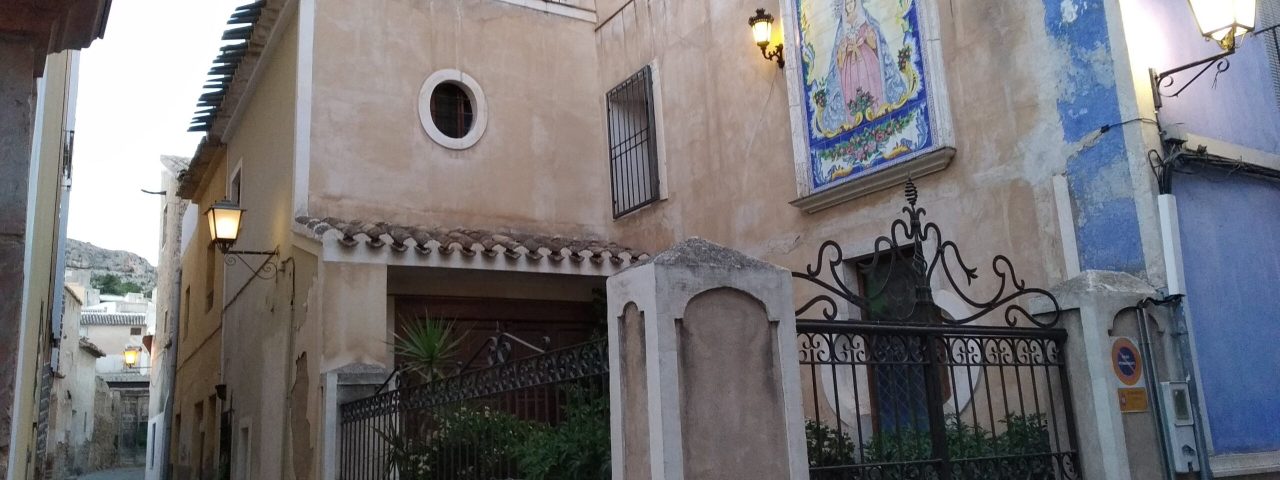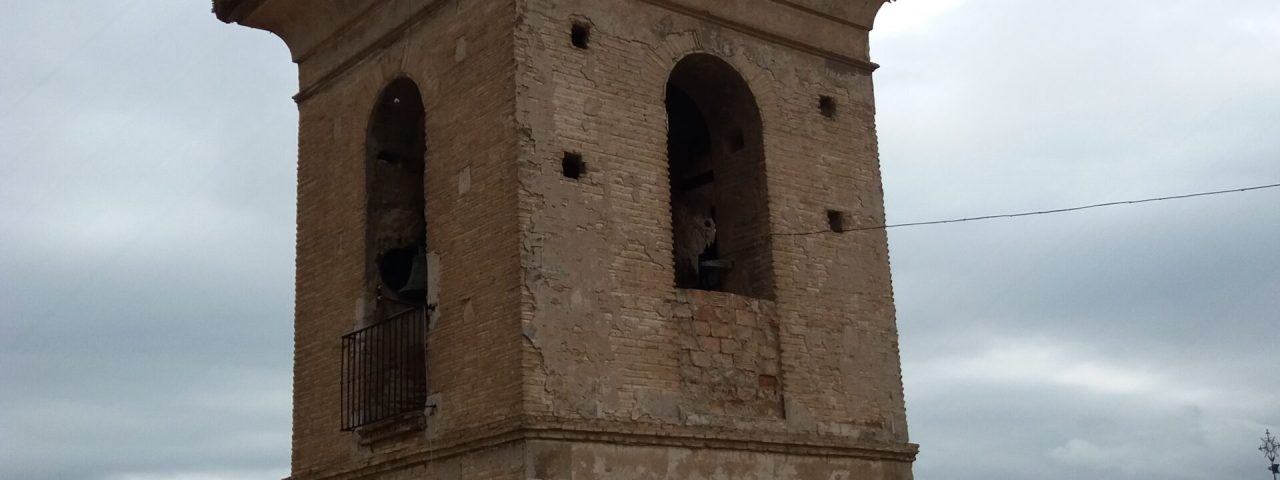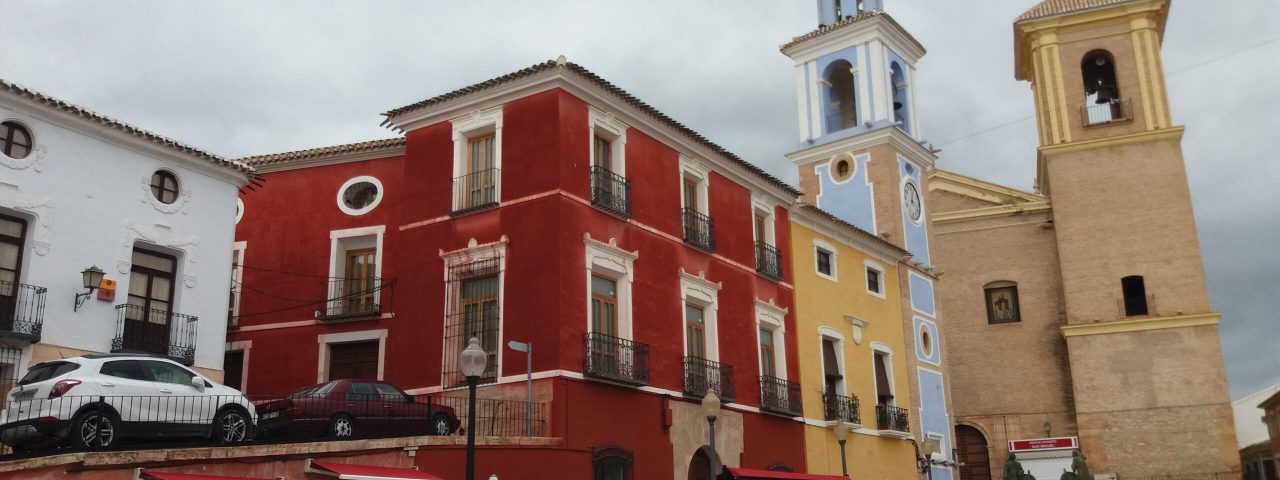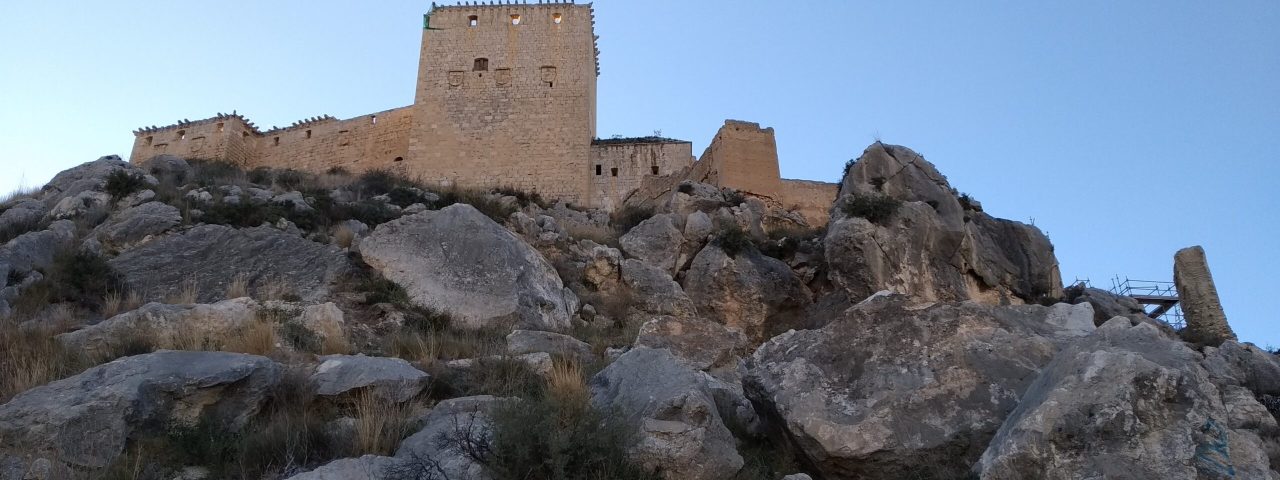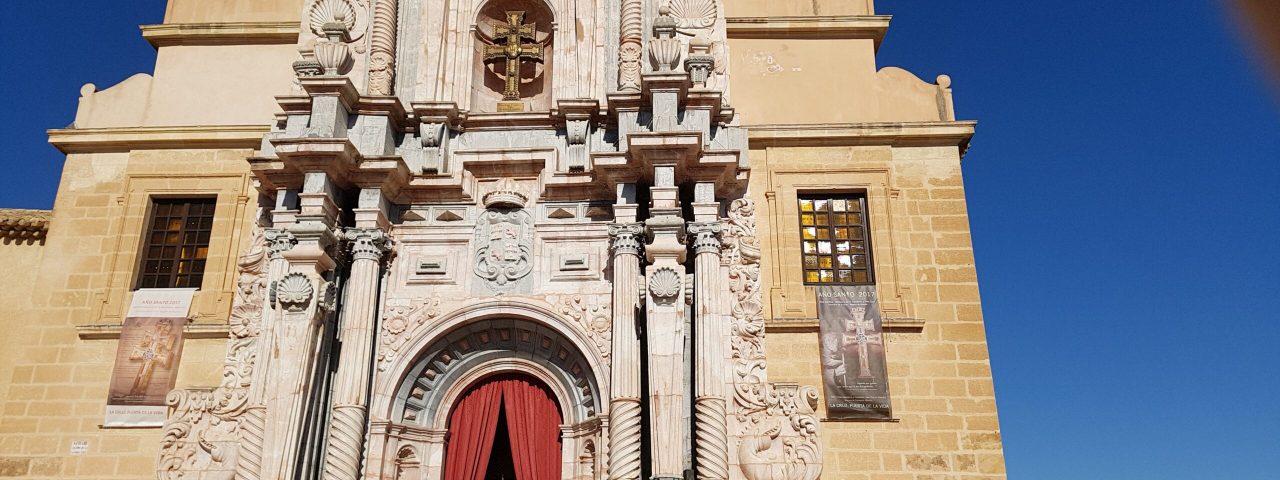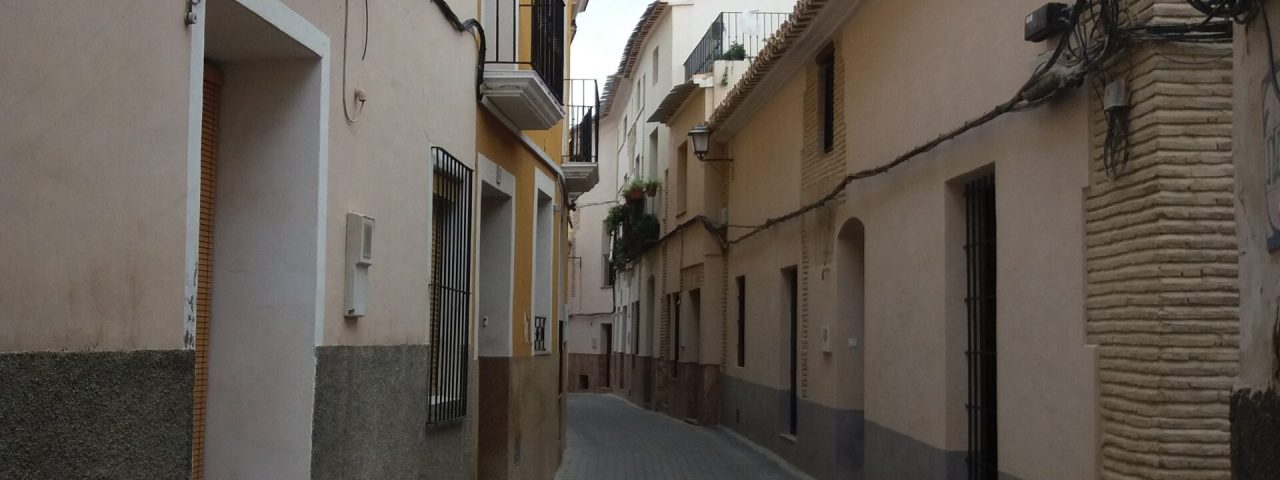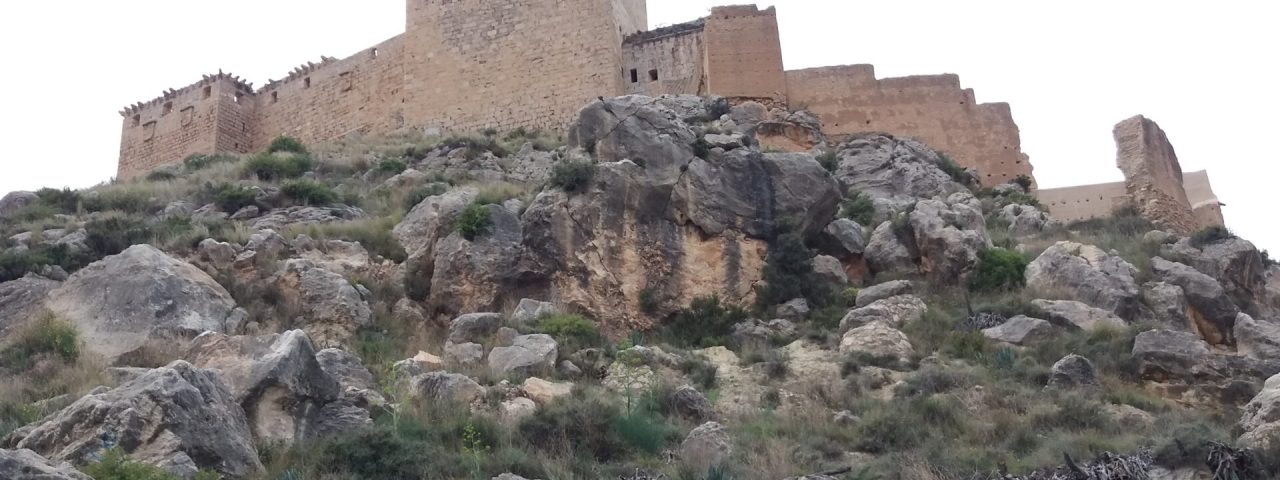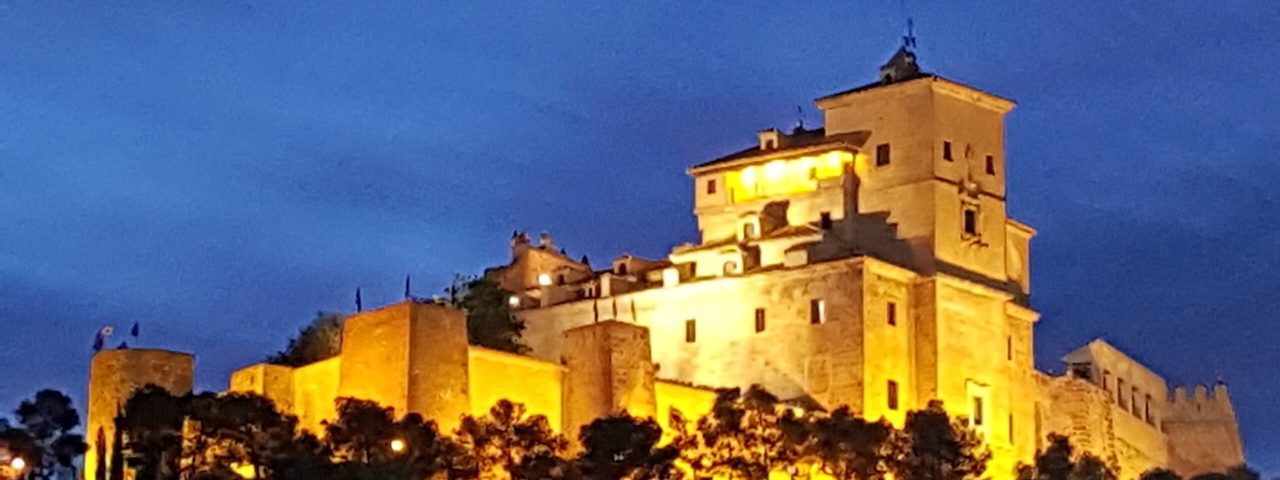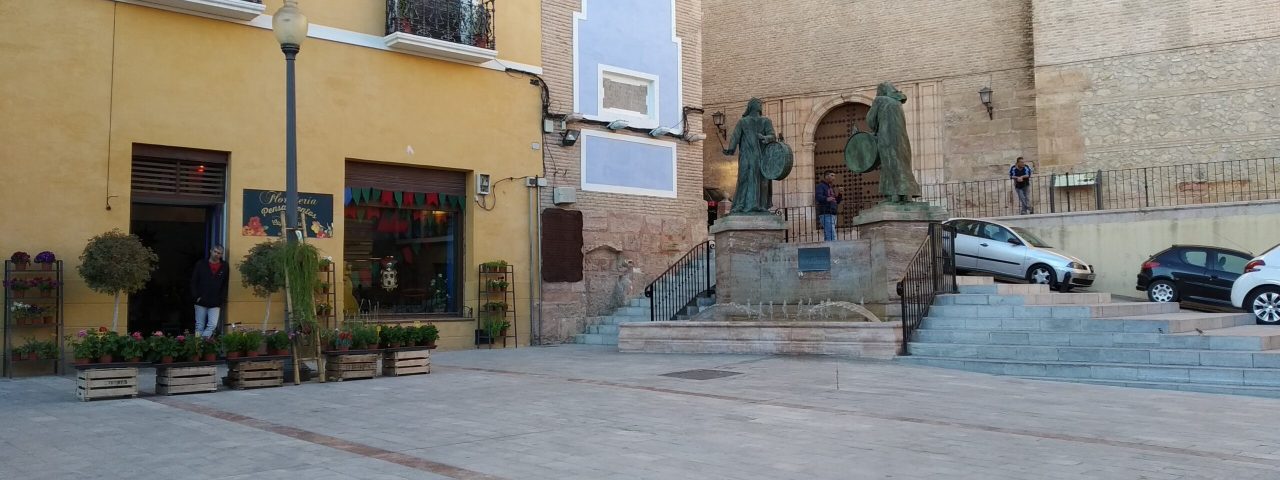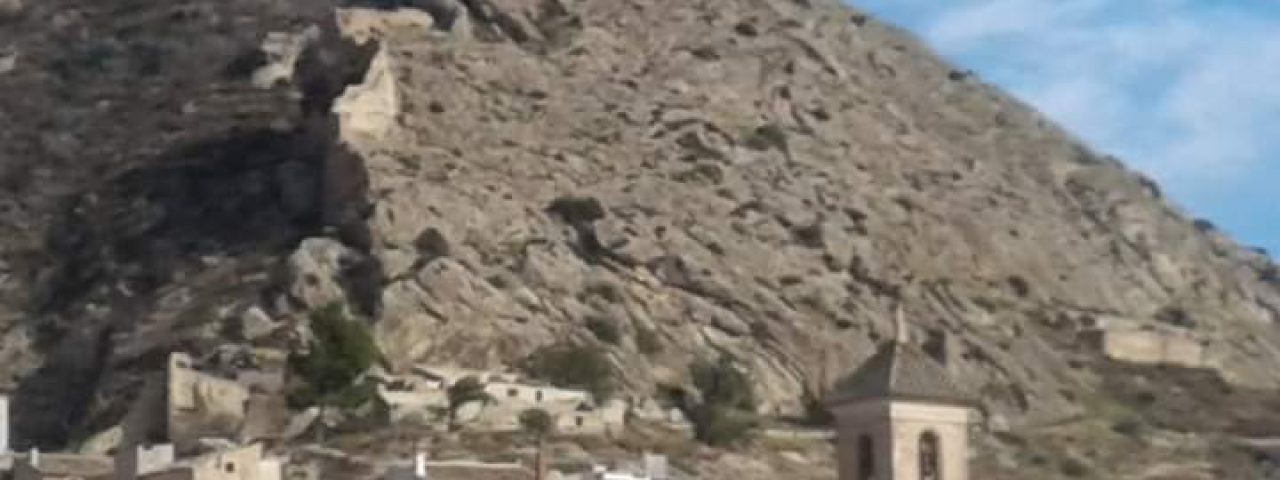Mula is steeped in history, with its roots tracing back to ancient civilizations, including the Iberians, Romans, and Moors. Its rich historical tapestry is evident in the architecture, traditions, and archaeological remains found in and around the city. The town played a strategic role during the Christian reconquest of Spain, and its medieval fortress, the Castle of Mula, remains a prominent symbol of its past.
The city is particularly known for its Semana Santa (Holy Week) celebrations, with “La Noche de los Tambores” being one of the most famous traditions. On this night, hundreds of drummers fill the streets of Mula, creating a powerful and rhythmic spectacle that draws visitors from all over Spain. The Easter processions in Mula are deeply rooted in religious tradition, with vibrant displays of faith and culture.
Mula’s cultural life is closely connected to its history, with several annual festivals celebrating its agricultural roots and historical heritage. Visitors will also find the Archaeological Museum of Mula fascinating, showcasing artifacts from the prehistoric to the medieval periods, providing insights into the city’s historical importance.
